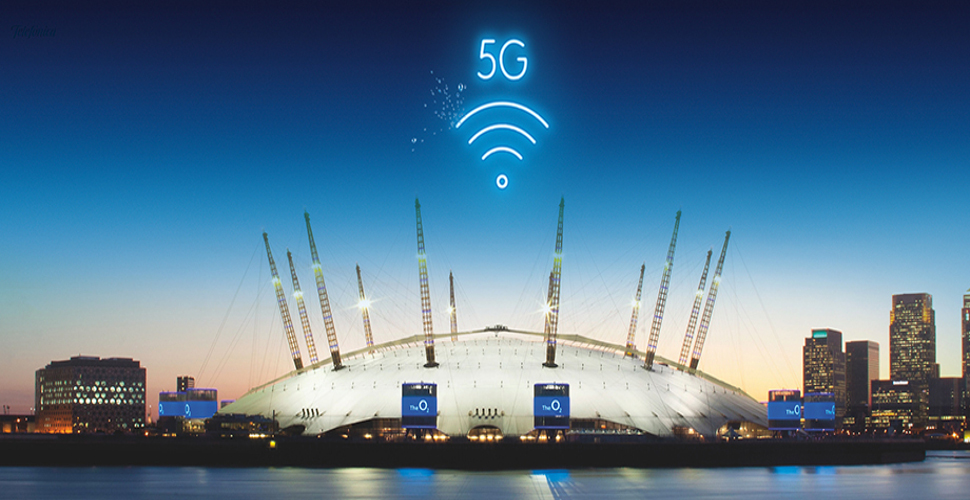O2 to use Ericsson for UK 5G
O2 expands relationship with Ericsson to modernise sites and roll out UK 5G

O2 has extended its partnership with Ericsson and will use the Swedish telecoms equipment manufacturer’s radio kit to power its 5G network in parts of the UK.
Ericsson hardware, software and services will be used to upgrade existing 2G, 3G and 4G sites in the ‘west’ of the UK and to enable the wider rollout of 5G services. This covers cities such as Manchester, Liverpool and Cardiff.
The operator switched on its first 5G masts in October, covering the four UK capitals – Belfast, Cardiff, Edinburgh and London – and service is available in the busiest parts of more than 20 major towns and cities.
- O2 switches on 5G
- O2: 5G will save local councils and households £6bn a year
- What is 5G? Everything you need to know
O2 Ericsson 5G
The deployment of Ericsson technologies, such as new multiband and wide-band 5G radios, as well as 5G-optimised basebands will futureproof sites against increases in demand. And, as part of this expanded relationship, O2 and Ericsson will develop an innovation cluster to test new networking technologies that will enable the rollout of ‘standalone’ 5G services in the future.
Currently, the O2 5G service is ‘non-standalone’ which means it relies on the existing 4G core network. Standalone 5G uses a new cloud-based, software-defined core layer that lowers latency and increases capacity significantly, enabling some of the most revolutionary new cases of next-generation networks.
“We are pleased to be moving forward with Ericsson as one of our primary vendors for our 5G rollout,” said Brendan O’Reilly, O2 CTO. “Telecommunications has never been more important in keeping the country connected, and we look forward to bringing the enhanced capabilities of 5G to our customers.”
“5G will be crucial for the UK’s economic recovery and underpin its digital future,” added Arun Bansal, Ericsson President of Europe and Latin America. “We are committed to ensuring that the UK achieves its gigabit connectivity targets so that enterprises and society at large benefit from high quality connectivity. We are delighted to be continuing our long-term partnership with O2 with this 5G network evolution.”
Are you a pro? Subscribe to our newsletter
Sign up to the TechRadar Pro newsletter to get all the top news, opinion, features and guidance your business needs to succeed!
Mobile operators will adopt a multi-vendor approach to 5G, using kit from different providers across their radio, transport and core layers. O2 uses Nokia and Ericsson to power its radio network, largely eschewing Huawei.
This means it is immune from the government’s 35 per cent cap on the use of Huawei gear in the radio layer and the complete ban on Huawei technology in the core layer.
Reports have suggested that this decision could be reviewed and operators could be forced to remove all Huawei gear from their infrastructure by 2023, however this would be a highly disruptive measure that would be opposed by the mobile industry.
Steve McCaskill is TechRadar Pro's resident mobile industry expert, covering all aspects of the UK and global news, from operators to service providers and everything in between. He is a former editor of Silicon UK and journalist with over a decade's experience in the technology industry, writing about technology, in particular, telecoms, mobile and sports tech, sports, video games and media.